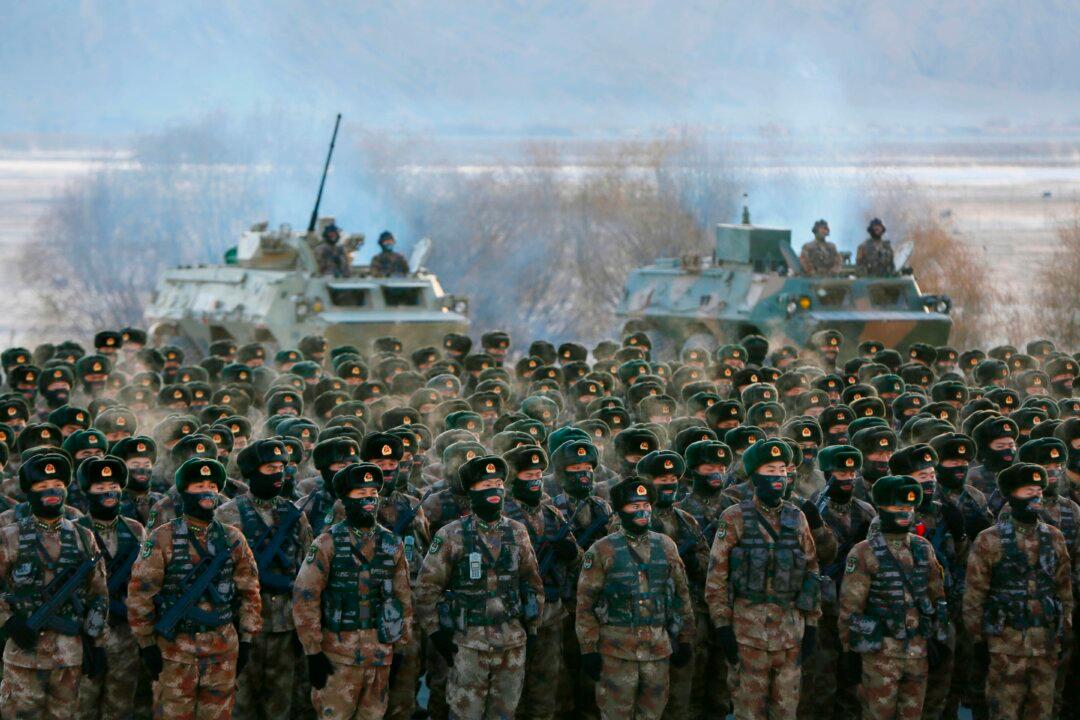WASHINGTON—The U.S. military doesn’t have adequate means of communication with China to deter a catastrophic miscommunication, according to a leading defense official.
The lack of military-to-military communication between the nations could allow a misunderstanding to spiral into armed conflict, according to Ely Ratner, assistant secretary of defense for Indo-Pacific affairs.




